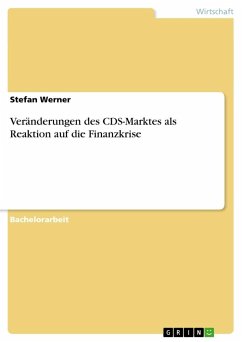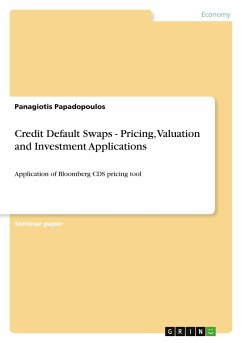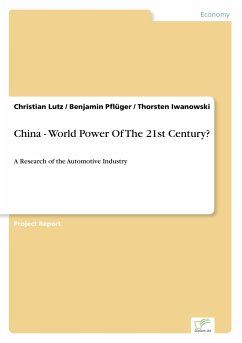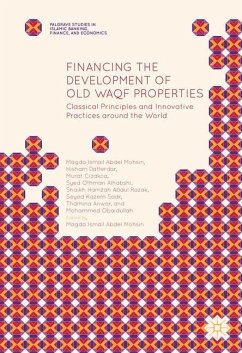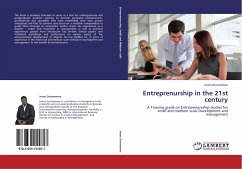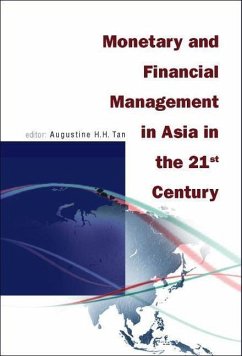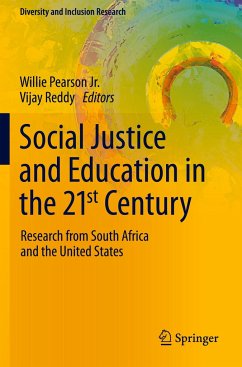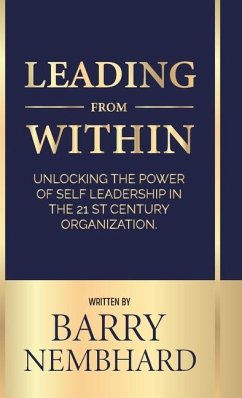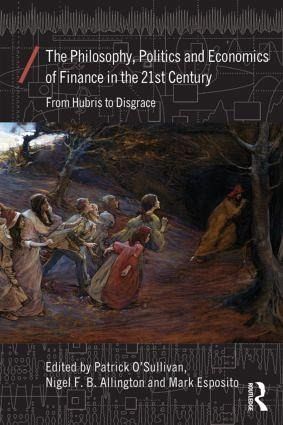
The Philosophy, Politics and Economics of Finance in the 21st Century
From Hubris to Disgrace
Herausgegeben: O'Sullivan, Patrick; Allington, Nigel; Esposito, Mark
Versandkostenfrei!
Versandfertig in 1-2 Wochen
78,99 €
inkl. MwSt.
Weitere Ausgaben:

PAYBACK Punkte
39 °P sammeln!
Since 2008, the financial sector has been the subject of extensive criticism. Much of this criticism has focused on the morality of the actors involved in the crisis and its extended aftermath. This book analyses the key moral and political philosophical issues of the crisis and relates them to the political economy of finance. It also examines to what extent the financial sector can or should be reformed.This book is unified by the view that the financial sector had been a self-serving and self-regulating elite consumed by greed, speculation and even lawlessness, with little sense of responsi...
Since 2008, the financial sector has been the subject of extensive criticism. Much of this criticism has focused on the morality of the actors involved in the crisis and its extended aftermath. This book analyses the key moral and political philosophical issues of the crisis and relates them to the political economy of finance. It also examines to what extent the financial sector can or should be reformed.
This book is unified by the view that the financial sector had been a self-serving and self-regulating elite consumed by greed, speculation and even lawlessness, with little sense of responsibility to the wider society or common good. In light of critical analysis by authors from a variety of backgrounds and persuasions, suggestions for reform and improvement are proposed, in some cases radical reform. By placing the world of finance under a microscope, this book analyses the assumptions that have led from hubris to disgrace as it provides suggestions for an improved society.
Rooted in philosophical reflection, this book invites a critical reassessment of finance and its societal role in the 21st century. This book will be of interest to academics, politicians, central bankers and financial regulators who wish to improve the morality of finance.
This book is unified by the view that the financial sector had been a self-serving and self-regulating elite consumed by greed, speculation and even lawlessness, with little sense of responsibility to the wider society or common good. In light of critical analysis by authors from a variety of backgrounds and persuasions, suggestions for reform and improvement are proposed, in some cases radical reform. By placing the world of finance under a microscope, this book analyses the assumptions that have led from hubris to disgrace as it provides suggestions for an improved society.
Rooted in philosophical reflection, this book invites a critical reassessment of finance and its societal role in the 21st century. This book will be of interest to academics, politicians, central bankers and financial regulators who wish to improve the morality of finance.






